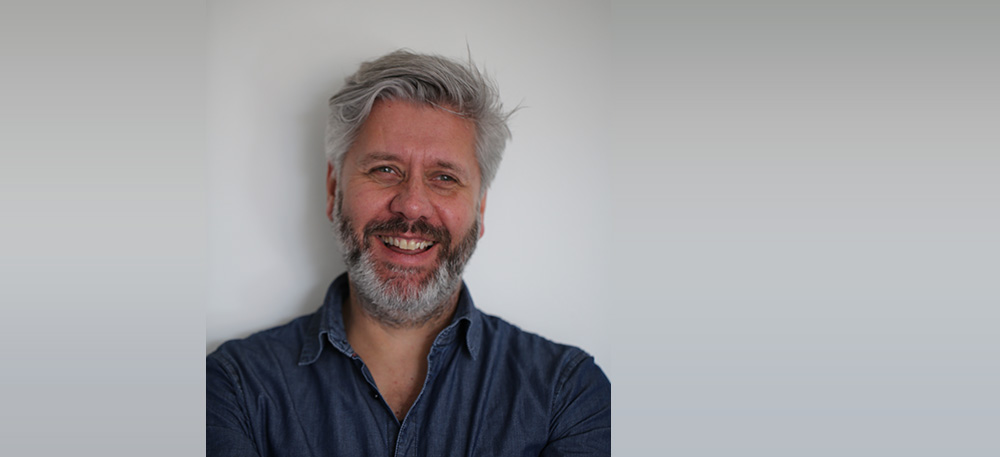You want to concentrate on an important task, but are constantly distracted. Incoming mail, calls and chat messages repeatedly disrupt your flow. And you can't stop thinking about the other assignments waiting for you to get started on. Sound familiar? If so, The Tipping Point's 'focus management' course is right up your alley. Learning and Development Specialist Dirk Vercruysse explains.
Research shows that the average person receives 65 to 80 notifications a day on his or her smartphone. It’s no wonder that as many as 60% of Belgian employees often feel distracted. However, focusing properly throughout the working day enhances productivity and calms the mind. What’s more, you’re less likely to make mistakes. Our partner, The Tipping Point, teaches you to identify things that disrupt your focus and to concentrate on what really matters.

Dirk: ‘It happens to everyone: after a busy working day, your to-do list just seems to have gotten longer. It's not a good feeling. But if you have a flexible work agenda, a meeting, a phone call or a 'more appealing' task can soon mess up your work schedule. By tuning out unnecessary stimuli and switching efficiently between different tasks, you can stay focused throughout the working day. And you don't have that nagging feeling when you finish work.’
Dirk: ‘Not every task requires the same level of attention. So staying focused on work does not necessarily mean concentrating 100%. For simple tasks, a shared focus often suffices. An extra stimulus such as background music can be motivating, as you don't need a lot of mental energy to complete the task successfully.
However, complex tasks require complete focus. In this case, external stimuli are disruptive. A good balance between tasks that require varying degrees of focus ensures that your brain always gets the rest it needs after working hard to complete a demanding task. Resulting in a more productive working day.
Plan your tasks in accordance with your personal biological rhythm. For example, it’s best for morning people to start their working day with the most important task. They can plan to answer mail and calls when their mental energy starts to fade. Night owls, on the other hand, should preferably start the day with a simpler task, and wait to work on tasks that require greater focus until their energy has increased.’
Dirk: ‘Our brain strives to use as little energy as possible. This means that if you want to maintain optimal focus it is vital to take time to relax. Rest your brain every 60 to 90 minutes. You can get some fresh air or, if you’re working from home, perform a household chore.’

Balanced planning and sufficient breaks are a good start. Even then, it’s not always easy to maintain the right focus. The following tips will keep you on track:
Dirk: ‘During the training course, we examine the theory in more depth and provide tips and tricks to help you learn how to improve your focus. After the course, you will have all the techniques and tools you need to do it on your own. We also offer individual coaching programmes for participants who prefer to receive personal guidance.
Participants learn to make progress using the 'tiny habits' method, because it’s not easy to unlearn old habits. They select one new ‘focus habit’ and work out a plan for it. Once they have mastered the first habit, they add a second habit. And so on. Until their to-do list has never been completed so quickly.’
We have a broad range of courses to help you with your vitality: these trainign will help you increase your energy levels and productivity.
Cookies saved